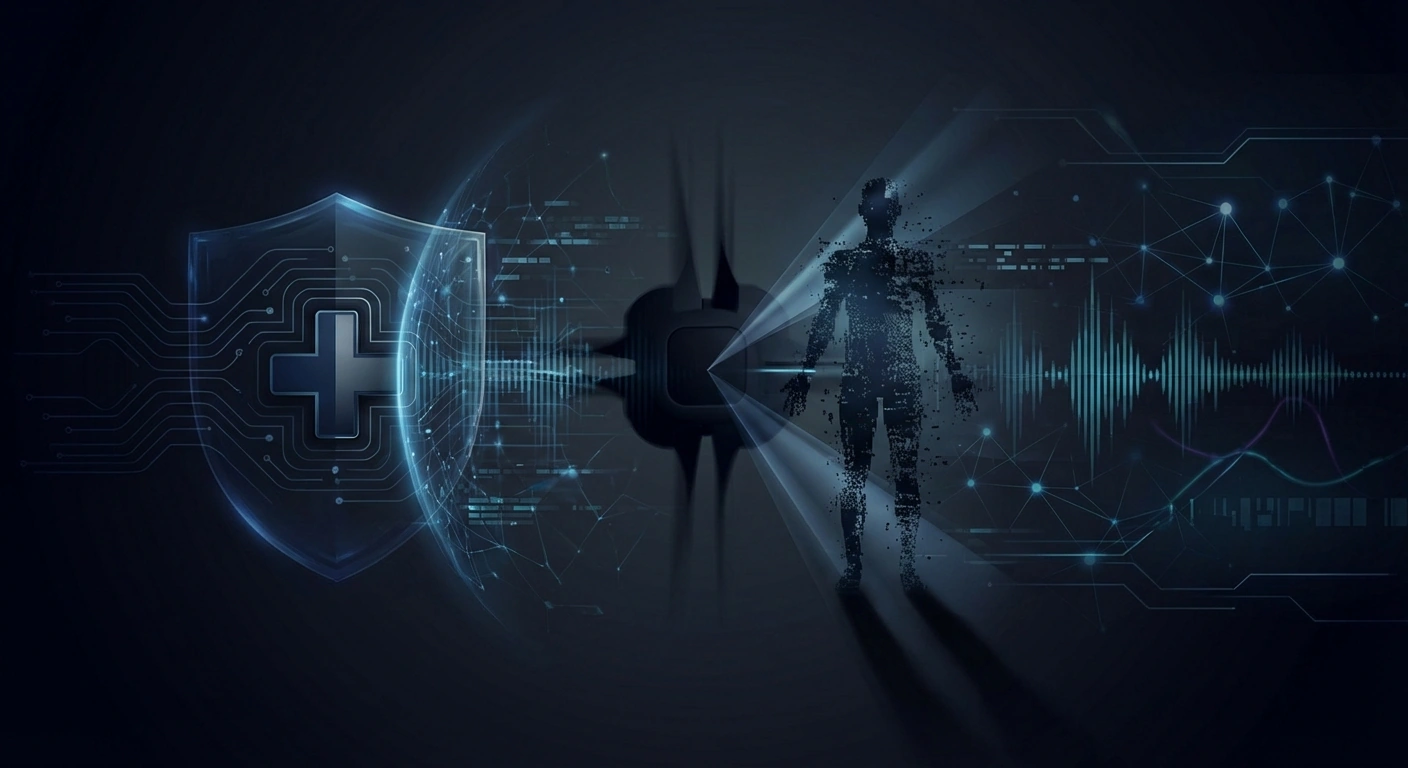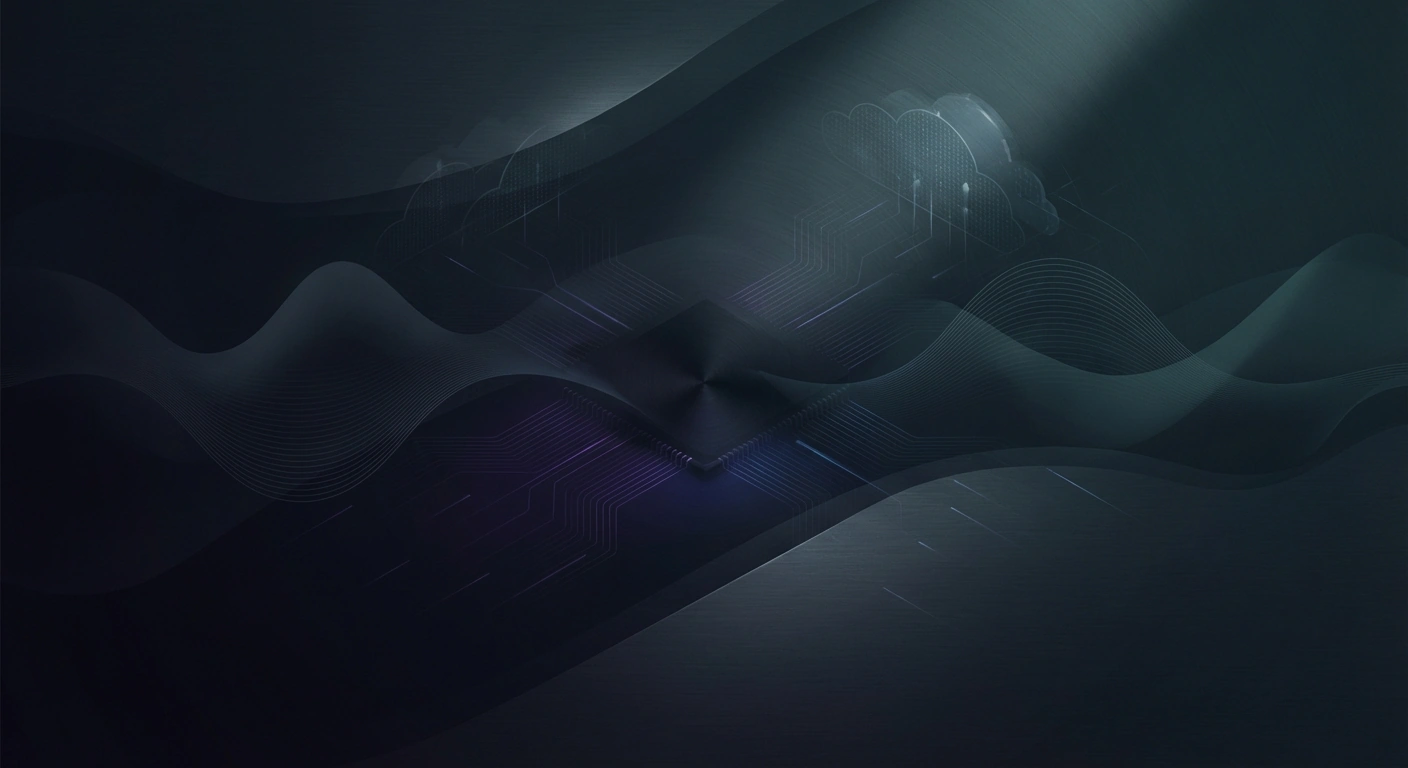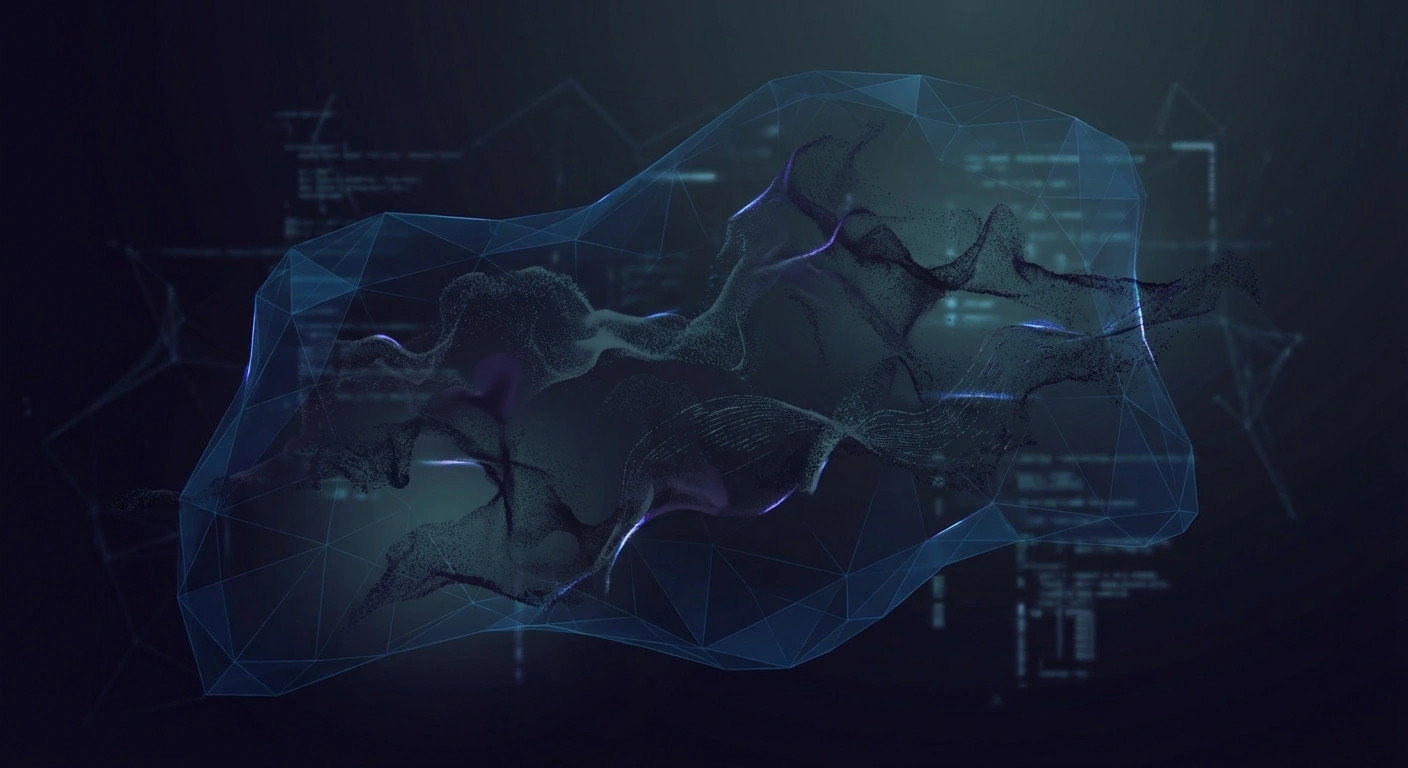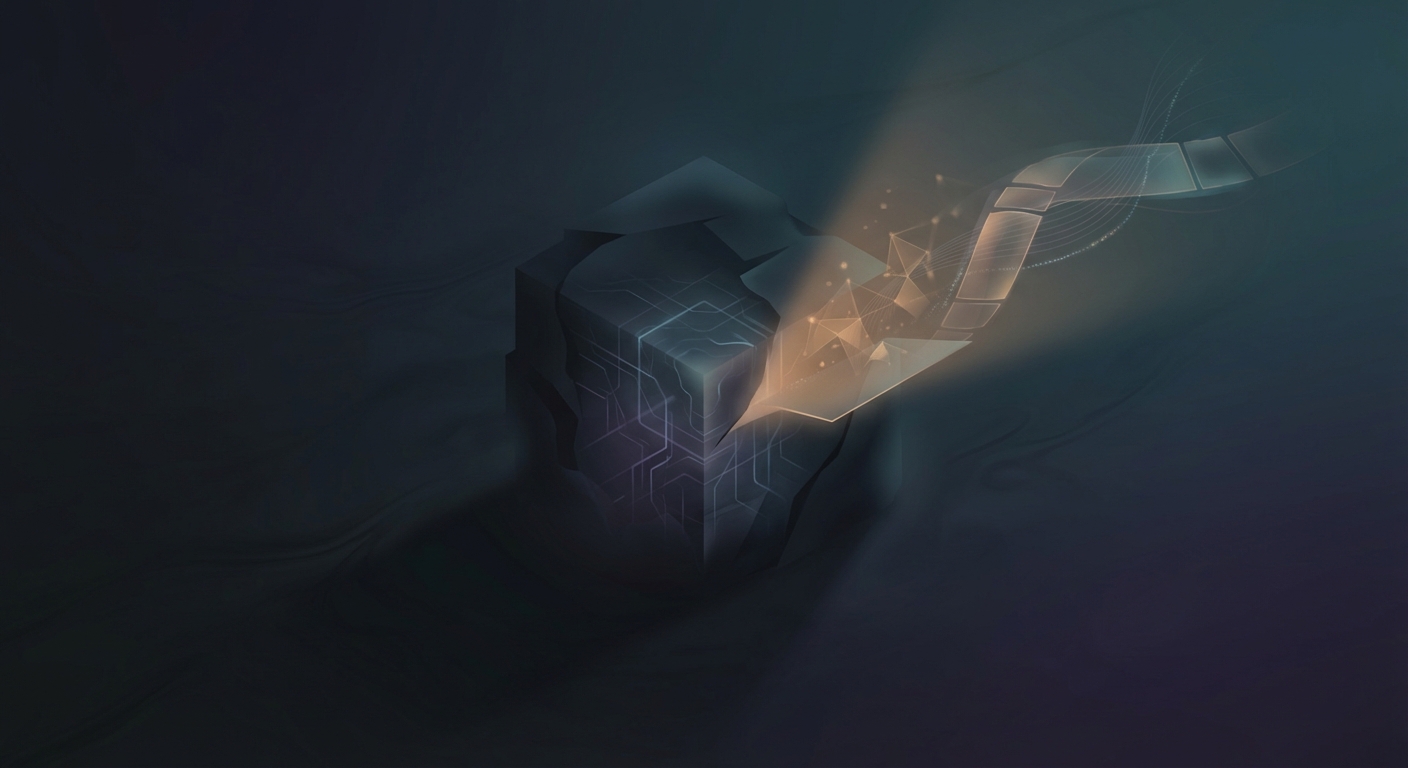ToolBrain: New Framework Trains Smarter AI Agents
ToolBrain introduces flexible reinforcement learning for training AI agents to use tools effectively, with implications for future content generation and verification systems.
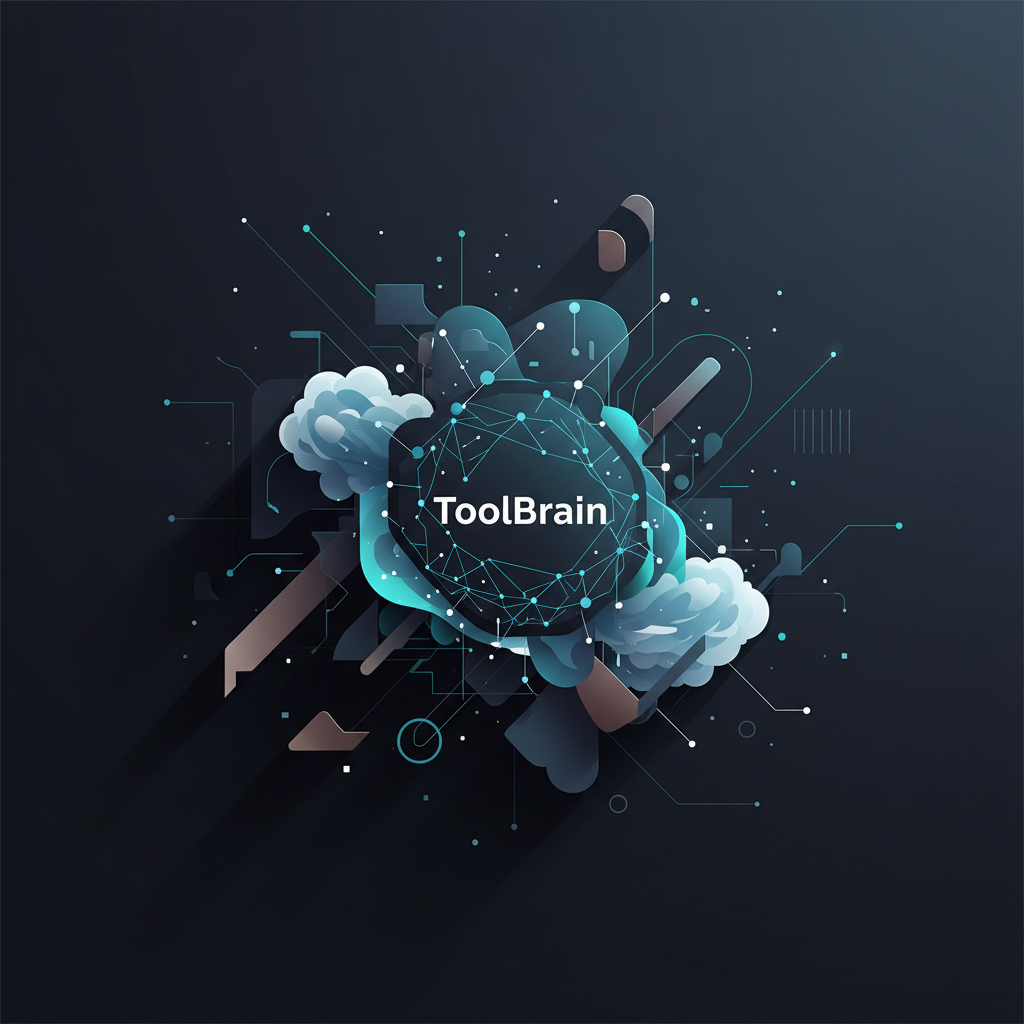
A new framework called ToolBrain promises to revolutionize how AI agents learn to use tools, with significant implications for the future of synthetic media generation and digital authenticity verification. The lightweight system addresses critical challenges in training AI agents that could eventually power everything from advanced deepfake creation tools to sophisticated content authentication systems.
The framework, developed by researchers and released publicly at toolbrain.org, tackles a fundamental problem in agentic AI: teaching models to effectively select and utilize multiple tools. Current approaches suffer from manually designed rewards, limited training data, and poor multi-tool selection capabilities, resulting in slow adaptation and suboptimal performance. These limitations have held back the development of more sophisticated AI agents that could automate complex creative and verification workflows.
Flexible Training for Specialized Agents
ToolBrain's architecture supports multiple training strategies, including reinforcement learning algorithms like GRPO (Gradient Reinforcement Policy Optimization) and DPO (Direct Preference Optimization), alongside traditional supervised learning. This flexibility is crucial for developing agents that might eventually handle tasks like orchestrating multiple AI models to create consistent deepfakes or coordinating various authentication tools to verify content authenticity.
The framework introduces an innovative reward system that can either analyze an agent's execution traces directly or employ an automated LLM-as-a-judge system for reward generation. This adaptability means developers can train agents for highly specialized tasks without extensive manual reward engineering – a capability that could accelerate the development of both content generation and detection tools.
Efficiency Through Knowledge Distillation
One of ToolBrain's most significant features is its knowledge distillation capability, allowing large models to transfer their expertise to smaller, more efficient versions. This is particularly relevant for synthetic media applications where computational resources are often a bottleneck. A smaller, specialized agent trained through ToolBrain could potentially run deepfake detection algorithms on consumer devices or enable real-time content authentication without requiring massive server infrastructure.
The framework also includes automatic task generation from tool descriptions, seamless tool retrieval, and efficient fine-tuning pipelines using QLoRA through Unsloth. These features, combined with quantized inference via bitsandbytes, make it possible to deploy sophisticated agents on resource-constrained environments – critical for democratizing both content creation and verification technologies.
Real-World Performance Gains
In demonstrations, researchers showed ToolBrain training a CodeAct agent to autonomously execute email search tasks, achieving up to 30% improvement in tool-use skills. While this specific example focuses on email, the underlying technology could easily be adapted to train agents for media-related tasks. Imagine an agent that could automatically orchestrate multiple video generation models to create consistent scenes, or one that could coordinate various forensic tools to analyze potentially fake content.
The framework's emphasis on maintaining a simple and extensible codebase is particularly important for the rapidly evolving field of synthetic media. As new generation techniques emerge and detection methods advance, having a flexible framework for training specialized agents becomes increasingly valuable.
Implications for Digital Authenticity
While ToolBrain itself is a general-purpose framework, its potential applications in the synthetic media ecosystem are profound. Future content creation platforms could use ToolBrain-trained agents to manage complex workflows involving multiple AI models, ensuring consistency and quality in generated content. On the detection side, agents could be trained to coordinate various authentication tools, cross-referencing multiple sources to verify content authenticity.
The framework's ability to adapt quickly to specific domains means that as new deepfake techniques emerge, corresponding detection agents could be trained rapidly without starting from scratch. This adaptive capability could help maintain the arms race between content generation and detection technologies.
As AI agents become more sophisticated in their tool use, we're likely to see a new generation of both creative and verification applications. ToolBrain represents a significant step toward that future, providing the infrastructure needed to train agents that can navigate the complex landscape of digital media creation and authentication. The open-source nature of the framework ensures that both creators and defenders in the synthetic media space will have access to these powerful capabilities.
Stay informed on AI video and digital authenticity. Follow Skrew AI News.
